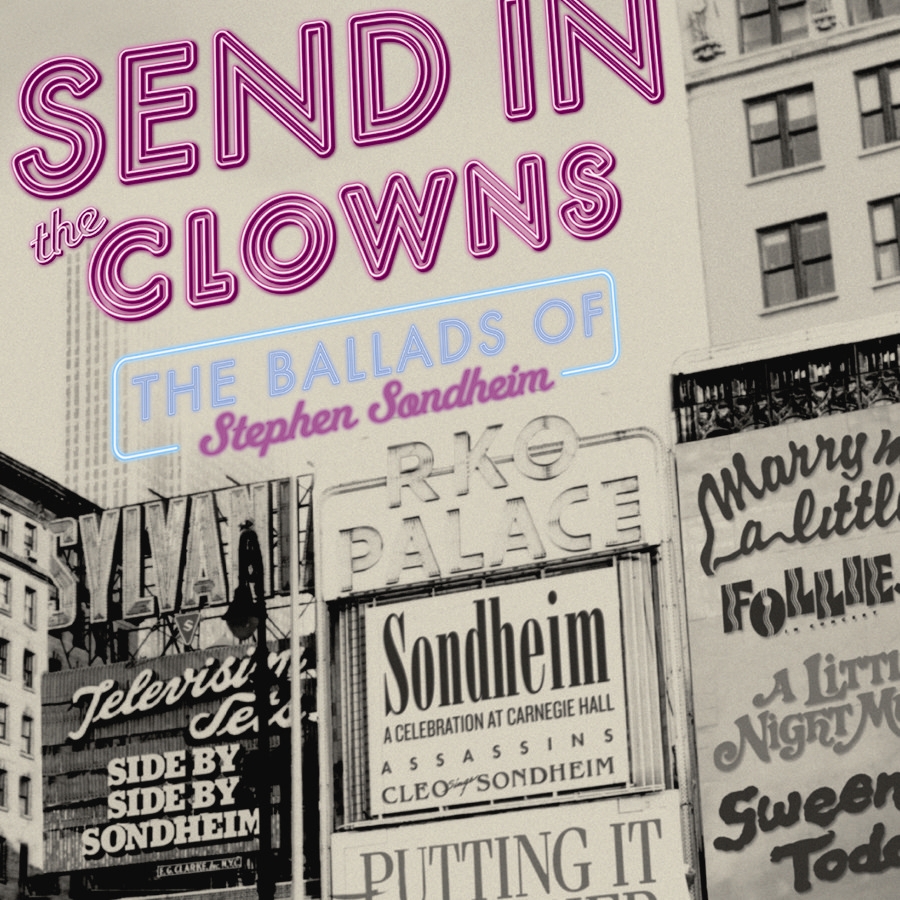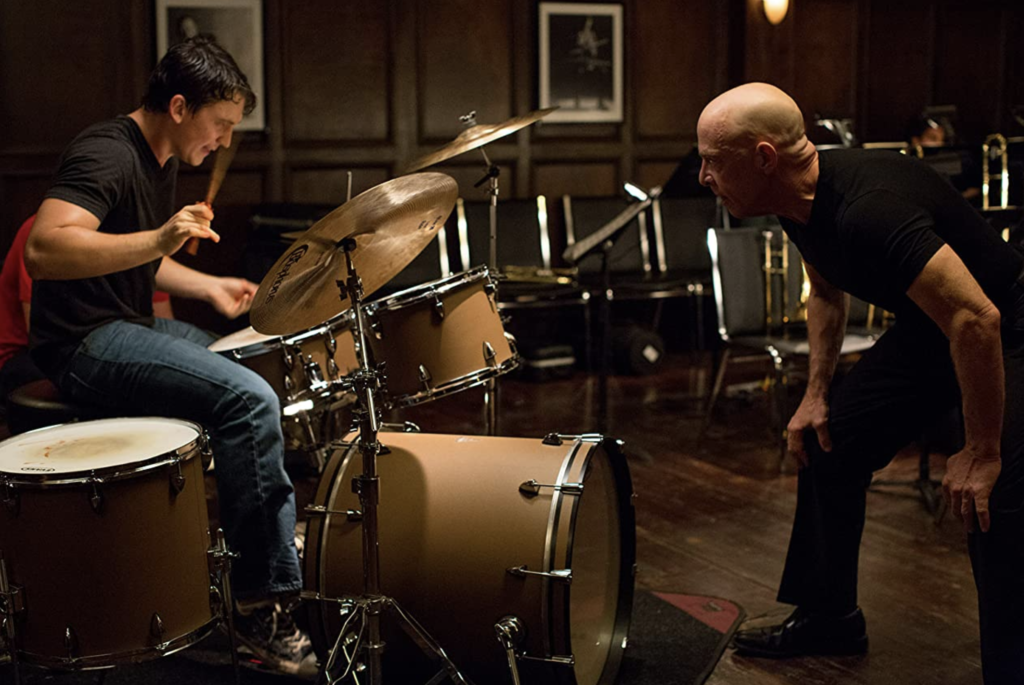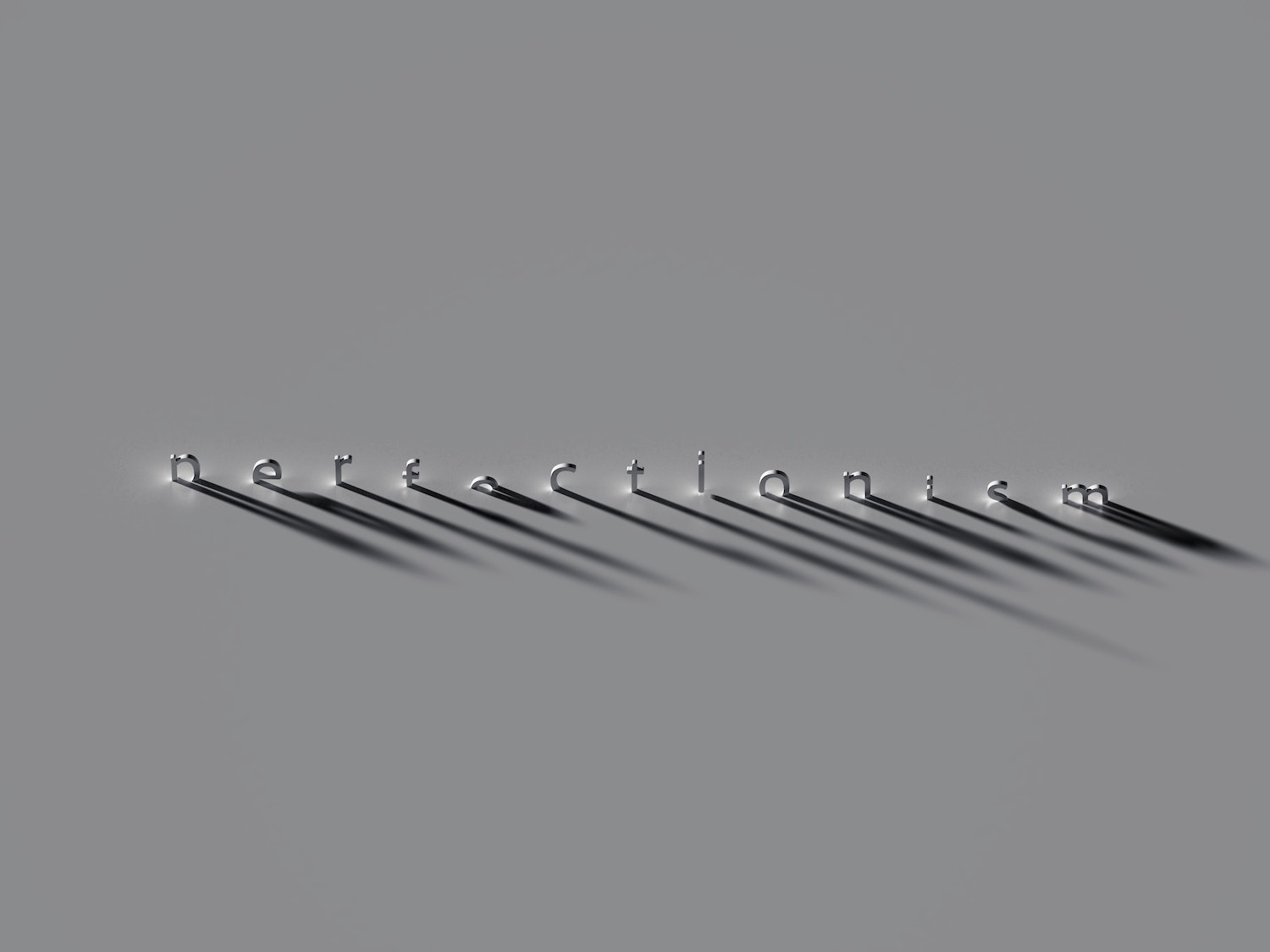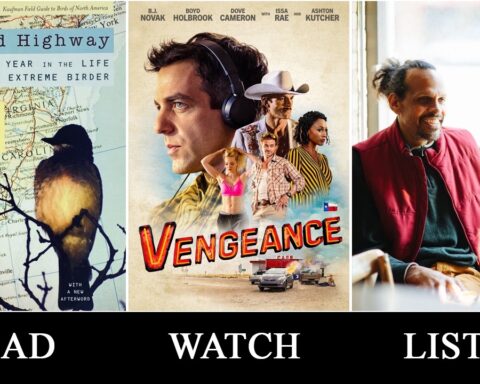For as long as I’ve been a musician, I’ve been thinking about “perfection.” What does it mean to musicians practicing in the Western classical tradition, and how can it impact our everyday lives? I’ve been writing and performing music for a long time, and I take great pride in what I do; I want to put out content that my audience and I can admire, enjoy, and appreciate, so I put a lot of time and effort into making sure that I’m representing my best self in anything I release. But I don’t think that makes me a perfectionist; and, frankly, I don’t really believe in the idea of perfection at all. Since I’ve been in music school, I have seen so many of my colleagues struggle with the unrealistic and narrow-minded expectations put upon them, and I’ve seen how these expectations hinder their abilities to create. In conversations, they often talk about wanting their art to be “perfect,” rather than their art bringing joy, catharsis, or connection with others. There is no such thing as perfect; instead, there are many other artistic goals and benchmarks to which we can aspire. Why shortchange the powerful emotions and experiences that music evokes only to focus on achieving something as intangible as “perfection”?

I have several issues with the idea of perfection, all of which stem from both my personal experience and the experiences of my colleagues. The first, and the most concrete, is the idea that any work of art can even be considered perfect, meaning that it is “flawless” or “untouchable.” For something to be perfect means it cannot be improved upon; for a work of art to achieve “perfection” means that any other work that particular artist creates could not better it, only match it. Yet it is our capacity for continued growth that inspires many artists to create in the first place! A friend of mine recently asked why I keep videos of my older pieces on YouTube, since I’ve grown so much as a composer since then. I answered that hearing that growth is the point; seeing how far I’ve come from earlier pieces is a constant reminder and motivator for me to keep composing. The same is true for performers.
Perfection is also inherently subjective, as merits and measurements of value change with each person. So when I’m writing music, two of the guiding goals I set for myself involve not being perfect. One is growth; as I’ve mentioned, as long as I feel that my craft and skill set is expanding with each project and with each performance, I’m satisfied. The other goal is to pick an emotion, feeling, or character that I want the piece to convey. With this process, I make sure it is really specific: something real, something definable, and something I can feel and experience, rather than a pedestal of perfection that doesn’t exist. Striving for perfection can lure artists into a vicious cycle of pouring all their energy into improving themselves, yet never actually being satisfied with what they are creating.
When I listen to my favorite artists, I don’t enjoy their music because it’s perfect. I enjoy their music because it is cathartic. I can sense that these artists felt real, tangible emotions when creating, and when that emotion comes through in the combination of melody, harmony, instrumentation, and other musical devices, is when I can connect most to their work as a listener.
Standards of perfectionism also ignore the benefits of privilege and resources, an issue that Western art music needs to address. A composer my age who has had access to more resources than I — more teachers, better studio equipment, more free time due to a less demanding day job, for instance — will also have fewer obstacles in the way of their artistic process. I think that musicians often listen to their favorite recordings, the ones that inspired them to pursue music in the first place, and continue to use those as benchmarks. What many musicians don’t realize about trying to replicate those recordings is just how much work and capital goes into creating a great recording or live performance. The most acclaimed artists in the music industry have more studio access, more funding, and simply more time to invest in their art than I do, a full-time student with a part-time job. Even with those added resources and advantages, many renowned artists still don’t judge their work to be perfect.

In his memoir “Finishing the Hat,” Stephen Sondheim, often considered to be musical theater’s greatest songwriter, described a flaw in his lyrics for “Send in the Clowns.” In the line “Don’t you love farce,” he lamented how the ending consonant of “love” and beginning consonant of “farce” are so similar that it can be difficult for singers to enunciate the words separately. Despite that “Send in the clowns” is a very famous, widely recognized song, I have never heard a singer point out that discrepancy. If Stephen Sondheim didn’t consider his work to be perfect, who are we to impose that standard on each other?
Negative self-esteem of young musicians is by far the biggest issue I have with standards of perfection. I go to a music school with a supportive environment and culture, but I think it’s safe to say that nearly every student musician I’ve met has graduated with less enthusiasm about a career in music than when they started. The culture of perfection(ism) in music has taken a lot of the joy out of what we do. It’s as if the need for artists to feel superior to one another overrides the need to create art that moves and connects with audiences.
In early 2020, I had the immense privilege to sing in a concert dedicated to Eric Whitacre, one of my favorite choral composers. Not only did the program exclusively feature his pieces, but he conducted the choirs, as well. One piece we rehearsed heavily was Saint-Chappelle, which Whitacre wrote as a commission from the Tallis Scholars. It is a stunning work, a masterclass in constructing a compelling piece around small motifs and challenging for performers as well; the somber and slow-moving nature of the melodic lines made it very difficult to sing, and at the end of the piece our choir was almost always under pitch. Nothing could quite describe the tension in the room when we would hold the last chord of the piece, waiting for our accompanist to play the same chord and see how far our collective pitch had strayed. As we continued rehearsing the piece, we all started to dislike it and dread its upcoming performance. The day of the dress rehearsal came, and it was Whitacre’s time to conduct. At the end of the piece, we held the final chord. He walked over to the piano to play the same chord and, sure enough, we were about a whole step flat. The choir’s collective despair was felt instantly; we just sang flat in front of Eric Whitacre! But, shortly after playing the chord, he said, “Sorry guys, the piano is out of tune.” That little joke instantly removed the tension we had felt about the piece for months, and suddenly we were able to perform it with the joy we had when we first learned it. The dismissal of a pitch issue by such a successful and acclaimed composer released the need for us to give a “perfect” performance of his piece. At the concert the next night, we performed that piece beautifully, and I bet not a single singer or audience member noticed (or cared) whether or not we ended that piece perfectly in tune with where we’d started.

I have seen so many talented musicians delay releasing incredible projects because they don’t think their work is “perfect,” depriving the world of their beautiful art. One of my favorite singer-songwriters is Joy Ike, a Pittsburgh native who I first heard play live at a coffee shop when I was in school there. I remember falling in love with her music and instantly streaming all her albums, even purchasing her CDs. Her first album was one that I especially loved, and I tried to listen to it the morning of the second time that I was to see Ike play live, only to find that it had been taken off streaming services. I politely asked her about it after the concert, and she responded that she hated that album and wanted her fans to focus more on her latest material. I understood her position and I loved her later albums as well, but I really enjoyed the first one! Even though that album didn’t bring joy to the artist who created it, it brought me tremendous joy during an otherwise difficult time in my life, and sometimes I wonder: if she had known that, would it have been enough for her to keep that album available?
I’ve also seen, and experienced, how standards of perfection are often used by directors and leaders to verbally, mentally, and emotionally abuse younger, more vulnerable musicians, with individuals defending their tactics under the guise of “results.” One of my favorite films of all time is Whiplash (2014), directed by Damien Chazelle, starring Miles Teller and J.K. Simmons. The film is about Andrew Neiman (Teller), an aspiring jazz drummer starting his first year at a (fictional) conservatory, and his psychopathic jazz band director, Terrence Fletcher (Simmons). Throughout the film, Andrew’s obsession with pleasing Fletcher, despite the repeated abuse he receives, drives away all the other people in his life; near the end, Andrew drops out of music school and becomes a waiter. Even though the story is fictional, I can think of a few of my peers who were pushed out of music because of abusive teachers. Guitarist Tom Hynes says, “Good teaching is respect for the student; cruelty, condescension, intimidation, and bigotry have no place in a music classroom, lesson, or ensemble.” No musician should walk out of a lesson or rehearsal feeling dejected, exploited, or manipulated. Creating art can be such a vulnerable and intimate experience. Artists open themselves up to their mentors, peers, and collaborators so much while creating, and seeing that vulnerability and intimacy abused is heartbreaking.

If someone has to be abusive toward the people they are teaching or working with in order to make what they consider to be “perfect” art, they have no business being an artist.
I want to be very clear that it is important for us musicians to respect our craft and honor it with our time and attention. Constructive criticism is crucial to artmaking, and if it is coming from someone we respect and trust, it can do wonders in improving our art and personal growth. We should also listen to our instincts as much as we can, and if we genuinely believe that a work of art needs more work before we release it, we have a right to see that through. I only caution against perfectionism — insisting on its inherent value and buying into its pressure — because it hinders far more art than it supports. Whenever I am writing, recording, or performing, I avoid saying “I won’t stop until it’s perfect.” I simply say, “I’ll stop when I feel proud of what I’ve done; I’ll stop if I need to look after my mental health.” I try to never forget that, as hard as making music and art can be, it should above all things provide me with personal growth and the chance to connect with my audience and fellow musicians.
There are plenty of other noble goals to achieve when making music. We can make music that connects with audiences; we can create music that helps heal those who have suffered incredible pain; we can bring joy to people when they need it the most. A few years ago, I was performing with a fairly new a capella group; there was still a lot of work to be done before we sounded cohesive and in sync as an ensemble. But after the performance, a tenor told me that he saw an audience member who was visibly moved by the music we were creating. He reminded me what really matters. What I strive for as an artist isn’t perfection, and isn’t to be the best. It’s to bring joy to people’s lives, and above all, to connect…








Wow! Serious food for thought for anyone involved in the creative process of any profession.